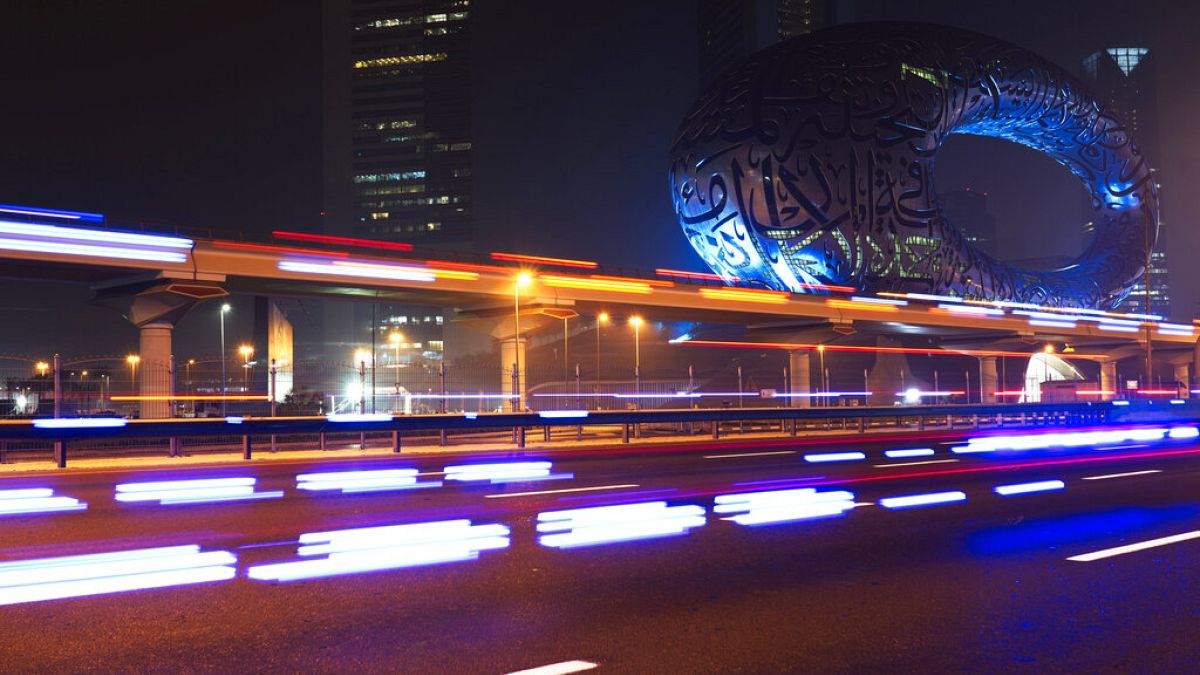

In a progressive stride towards transparency in artificial intelligence, Dubai has introduced the world’s first icon classification for Human-Machine Collaboration. This initiative highlights the city’s commitment to delineating the roles played by human intelligence and algorithmic creations, especially in an era where distinguishing between human and AI-generated content can often blur.
The new classification system is poised to provide clarity in various domains such as literature, art, and scientific research, ensuring that audiences are well-informed about the origins of the content they consume. By implementing identifiable markers, Dubai aims to foster an environment of honesty and trust, allowing consumers and creators alike to understand the degree of human involvement in any given work.
This pioneering move by Dubai comes amidst a broader, global conversation about the ethical implications and the need for transparency in AI-driven creations. As AI becomes more integrated into numerous facets of daily life, distinctions between human-generated and AI-generated outputs become increasingly crucial. This classification initiative not only aims to protect intellectual properties but also enhances accountability, fostering a culture of informed consent and appreciation for creativity in its many forms.
Meanwhile, the dialogue around AI’s ethical deployment continues on the international stage as the European Union presses forward with its Code of Conduct for general-purpose AI. Set to take effect on August 2, the code encapsulates a robust framework directed towards ethical AI deployment, aiming to safeguard public welfare while promoting technological innovation. However, the initiative has faced certain hurdles, with notable tech entities, such as Meta, choosing not to sign the EU’s AI Code.
Meta’s decision reflects the ongoing complexities in aligning global regulatory norms with individual corporate strategies and the dynamic nature of AI technologies. This divergence underscores the necessity for continued collaboration among global stakeholders to align on standardized protocols that account for the rapid evolution of technology, while respecting the diverse operational landscapes of AI developers and users.
While the regulatory environment for AI continues to evolve, actions like Dubai’s classification system serve as a beacon for transparent AI interactions. They set a precedent for other regions aiming to strike a balance between innovation and ethical responsibility. By leading with such an initiative, Dubai is crafting a thoughtful approach as it navigates the breadth of possibilities and challenges that AI presents.
As we move forward, the interplay between human creativity and machine capabilities will likely shape numerous policy decisions, highlighting the intrinsic demand for clear-cut standards that protect and propel forward both creators and consumers. The efforts by cities like Dubai to demystify and manage AI contributions could become a cornerstone in designing a future where human intellect and machine learning are harmoniously interwoven, while ensuring clear attribution and honor for each distinct contribution.
Source: {link}
